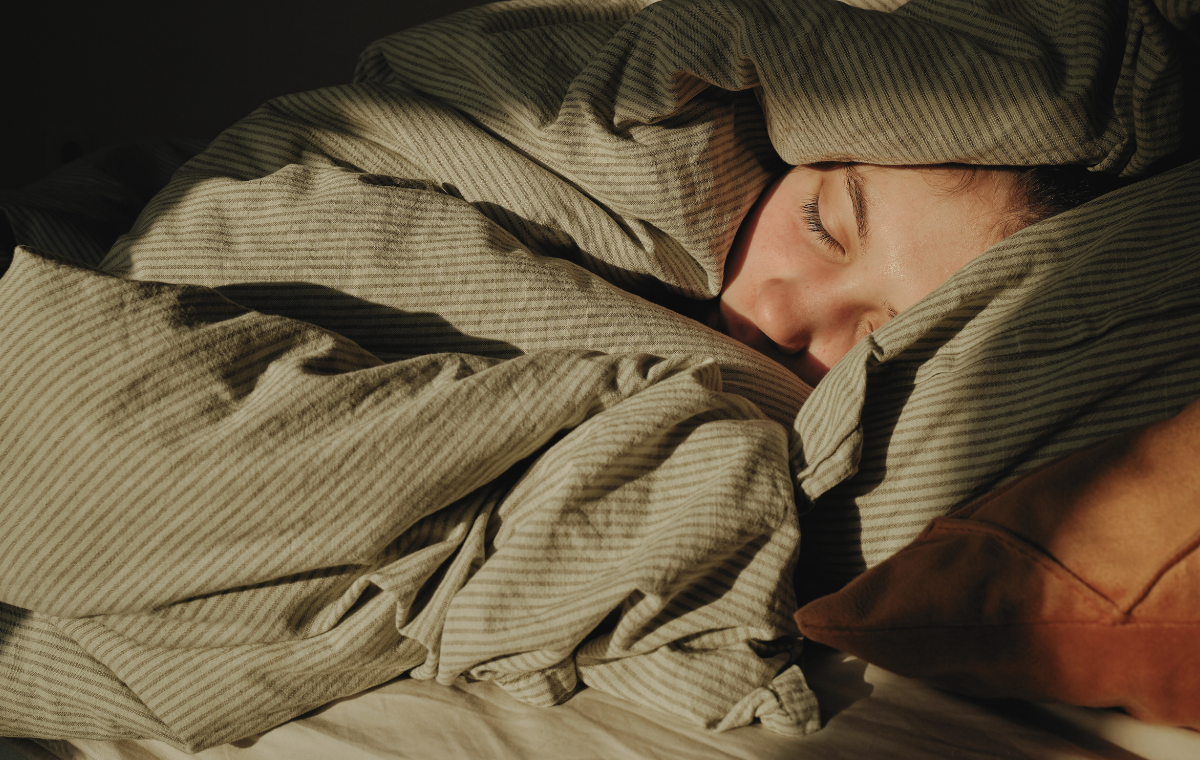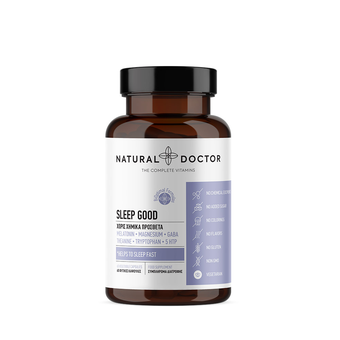Melatonin, the sleep hormone

Is it possible that you have a problem with melatonin production?
- Feeling tired?
- Do you have trouble sleeping at night?
- Do you wake up often during the night?
- Do you wake up very early in the morning?
- Do you feel sleepy during the day?
Sleep affects everything from physical performance to weight control. Sixty million Americans experience insomnia. What are the requirements for this?
Melatonin and Insomnia
The body's alternating sleep-wake cycle is associated with the normal levels of two essential hormones: melatonin and cortisol.
Understanding how the levels of these two hormones vary throughout the day and how they relate to each other is vital to determining why you're not sleeping well.
Melatonin regulates the body's internal biological clock and directly affects the sleep cycle because it induces and maintains normal sleep. Melatonin is produced in a small gland in the brain, the pineal gland.
During the day, the pineal gland is inactive, but when the sun goes down and it starts to get dark, it activates and produces melatonin.
The level of melatonin usually peaks around bedtime, remains elevated throughout the night, and then drops to daytime levels in the morning when its production is stopped by daylight.
Feedback between the body and the environment is how your body understands when to sleep or be awake. So, if melatonin doesn't increase during the night or its production is disrupted, you may experience difficulty falling asleep or waking up frequently.
End that causes you to be tired and experience other symptoms of sleep deprivation during the day.
Cortisol and Insomnia
Cortisol is a stress hormone that is produced in the adrenal glands. Cortisol has many roles in the body, but it has a special connection to sleep because it balances melatonin and is accountable for signaling the body to be awake and responsive.
Usually, the cortisol level peaks 30-60 minutes after waking up and then fluctuates throughout the day. Your cortisol level should be lower when your melatonin level is high at night.
Having a healthy cortisol level helps you wake up in the morning, regulates energy and hunger, and regulates the normal stress response throughout the day.
When cortisol is high at night, it leads the body to alertness instead of sleepiness. In this case, you have difficulty falling asleep and staying asleep, plus you may crave food and feel tired.
Sleep Good contains melatonin melatonin which helps to reduce the time it takes to fall asleep as well as tryptophan, GABA, magnesium, 5 HTP, Magnolia bark extract and chamomile flower extract, ingredients that act synergic to this direction.



